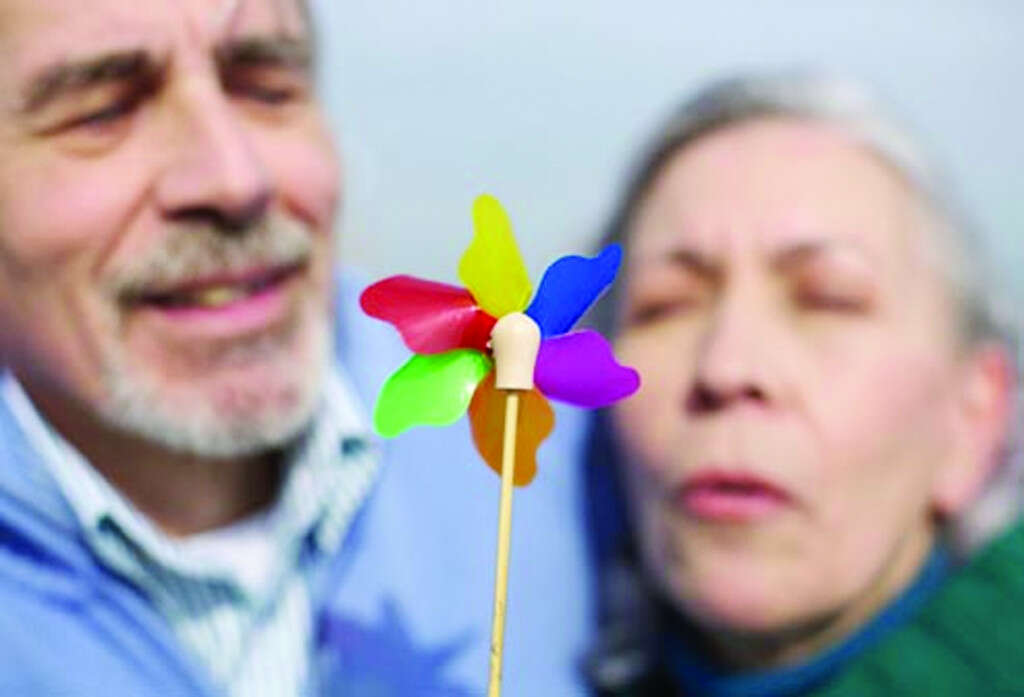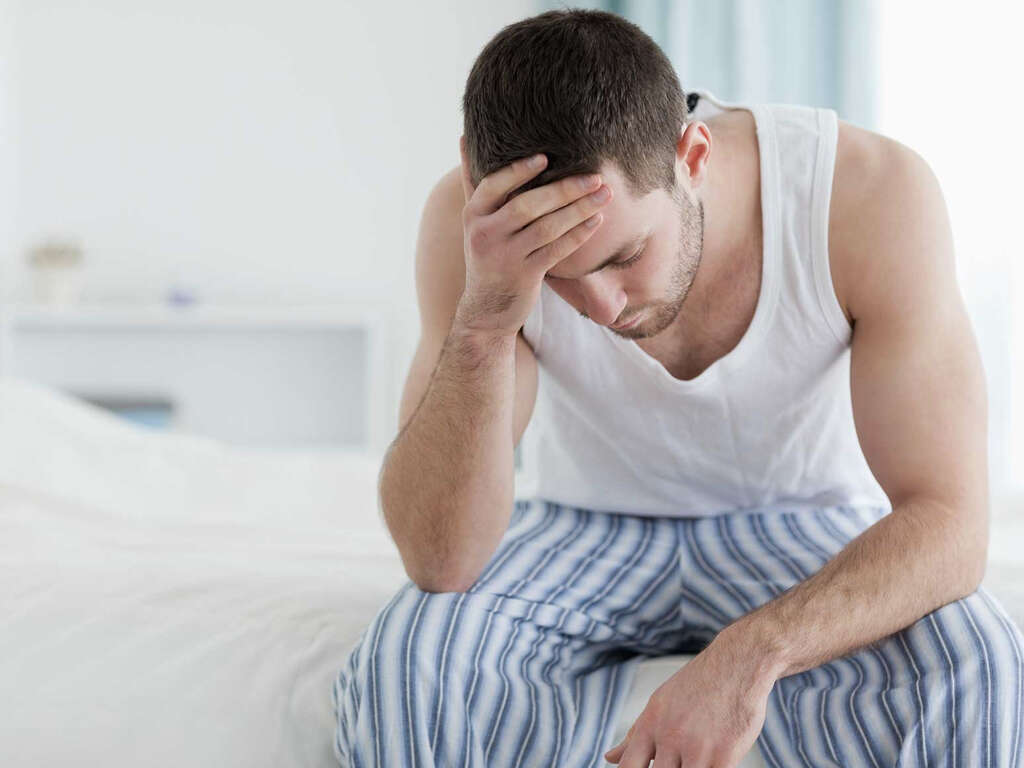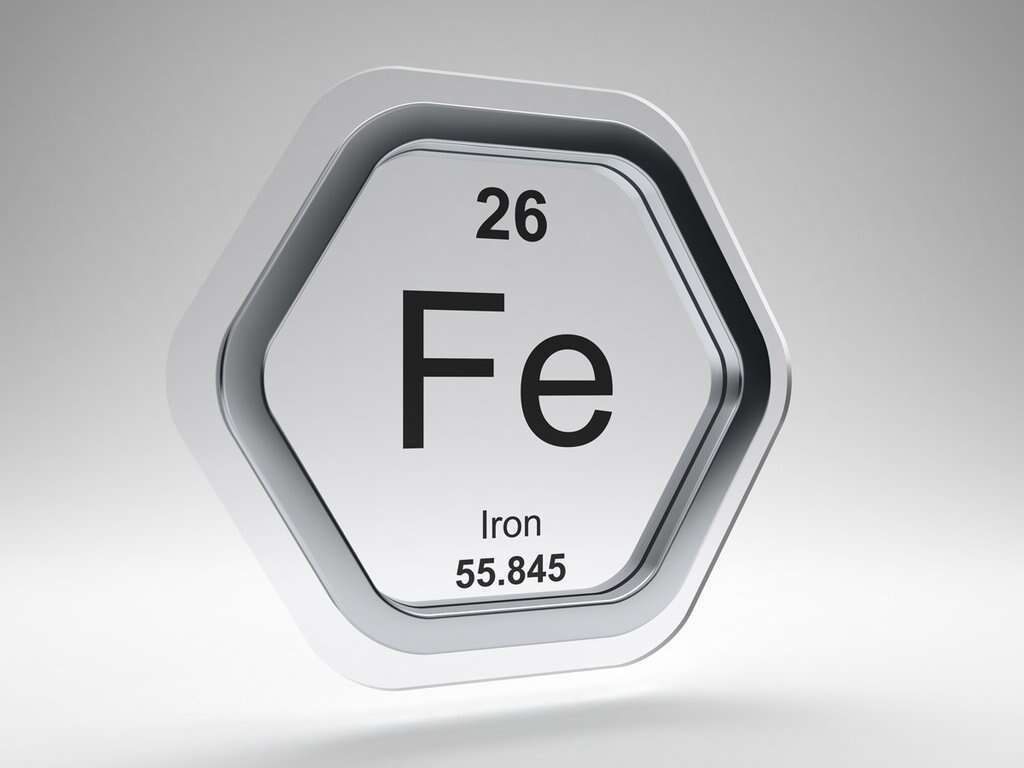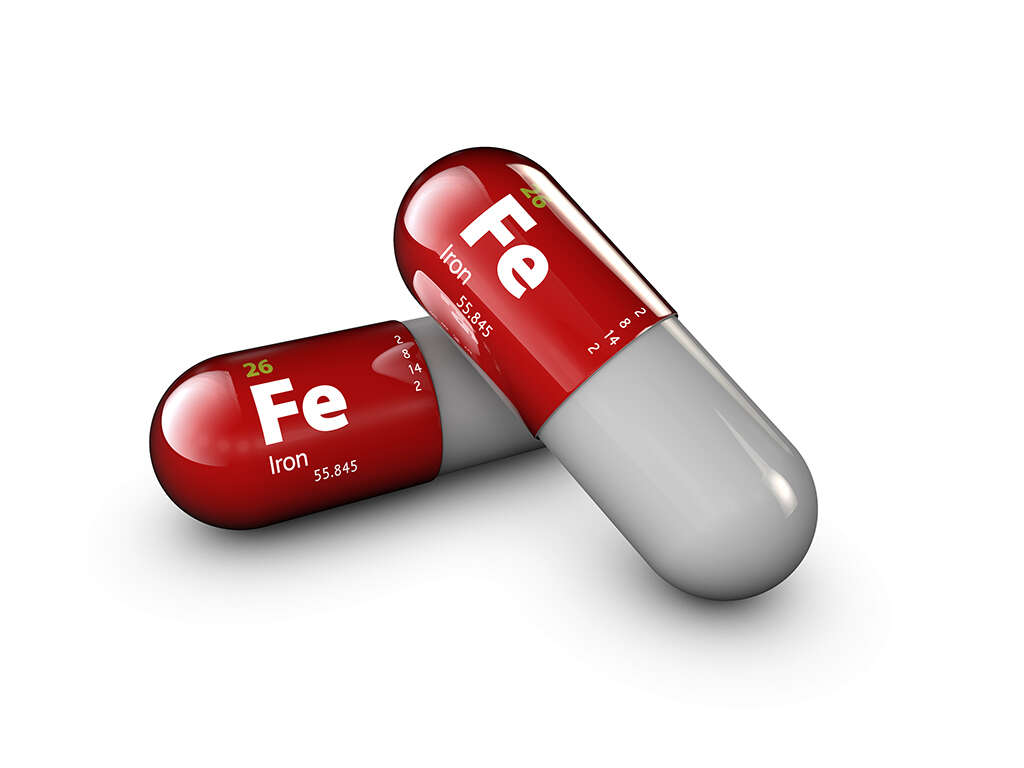10 Side Effects of Low Iron
Iron has been an important metal for mankind. It allowed us to build weapons and later it helped us to create increasingly large structures. It is still used today in making steel, which is essential for construction and other uses around the world.
In addition to helping us with large-scale construction, it also helps our bodies to function. Iron helps to make hemoglobin, and hemoglobin is needed to transport oxygen in the blood. Without it, we would be unable to feed our bodies with the oxygen it needs, and we would then be in big trouble.
If you have insufficient levels of iron in your blood, you are likely to experience a range of symptoms as a result.
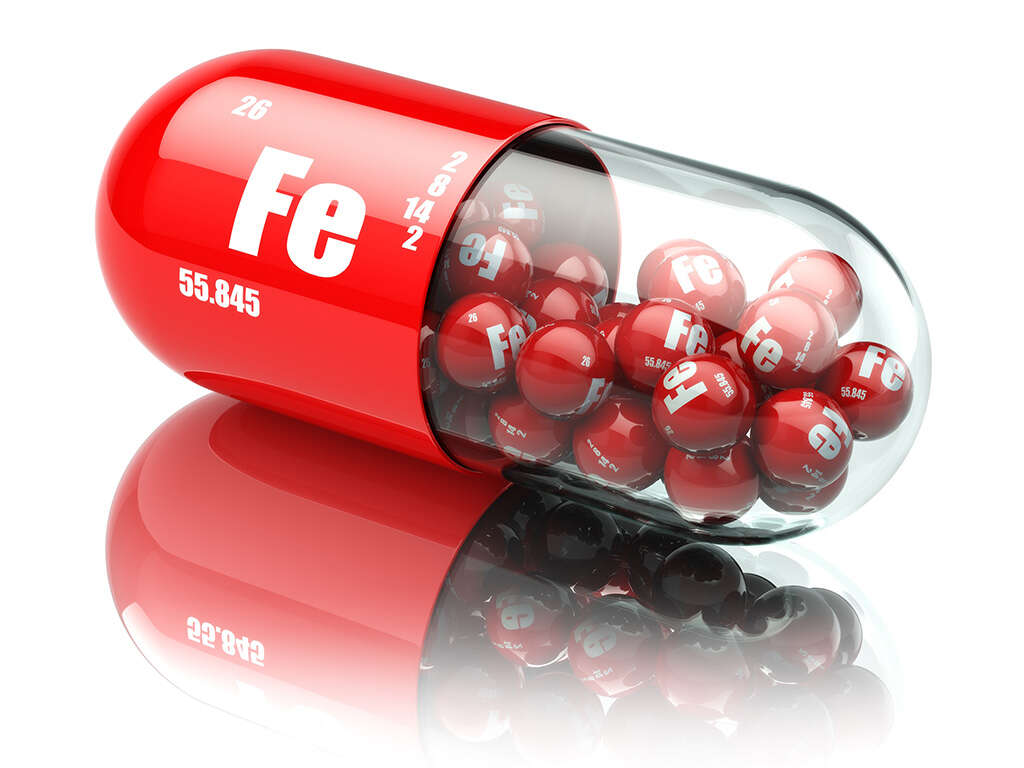
Low Iron Side Effect #1: Light-Headedness
The brain is a powerful organ and, as is usual for something so powerful, it needs a lot of fuel to keep it going. This means that lots of oxygen-rich blood needs to be constantly pumped to the brain at all times. If there is not enough oxygen going to the brain then it can begin to struggle. A sensation of dizziness may occur as a result.
With insufficient hemoglobin in the blood to carry oxygen to the brain, then light-headedness is likely to result. This can also cause the blood vessels in the brain to expand and this can result in headaches. If these symptoms exist then you should see a doctor regardless of the suspected cause.

Low Iron Side Effect #2: Poor Skin and Hair
Our skin and hair are alive and need to be fed with oxygen and nutrients just as the rest of the body does. If they are not fed as needed then they can begin to suffer as a result. They can become dry and damaged and hair can even begin to fall out in some cases. These symptoms are sometimes caused by a lack of iron in the blood.
With insufficient iron for other parts of the body, supplies to the skin and hair will be restricted to feed more essential parts such as organs. This causes a poor complexion and dry, damaged hair, a tell-tale sign of a lack of iron in the blood.

Low Iron Side Effect #3: Pale Complexion
Our blood vessels carry oxygen and nutrients throughout our entire bodies. This means that there are blood vessels located just below the surface of the skin. Because our blood is usually a rich red color because of the iron content in it, this then gives our skin a deeper color.
With less iron in the blood, though, the blood will be shunted away from the skin to the vital organs to maximize the oxygen transported to key areas of the body. This becomes visibly apparent from the outside as the patient’s skin becomes paler in color. It is particularly noticeable in areas where the blood vessels are very close to the surface.

Low Iron Side Effect #4: Heart Palpitations
Our hearts are responsible for continually pumping blood around the body. This helps to ensure that enough oxygen, among other things, is circulating throughout the body all the time. Whenever more oxygen is needed, such as after exercise, the heart will pump harder to meet the increased demand.
With insufficient oxygen being circulated because of insufficient iron, the heart will need to work harder to try and compensate. This can lead to heart palpitations, which is a sensation that your heart is beating faster than normal. In severe cases, it can even lead to an enlarged heart. Heart failure is also a possibility.

Low Iron Side Effect #5: Restless Leg Syndrome
Restless leg syndrome is a condition which causes a patient to feel the need to keep on moving their legs. It can also cause an itchy feeling in the legs, and also cause the sensation that something is crawling on the skin. It can be very unpleasant to endure and can also make it very difficult for the patient to sleep at night.
We don’t yet understand what causes restless leg syndrome, which makes it very difficult to treat. We do know, though, that around a quarter of people with the condition also have insufficient iron in the blood. Also, their symptoms are likely to get worse the lower their iron levels are.
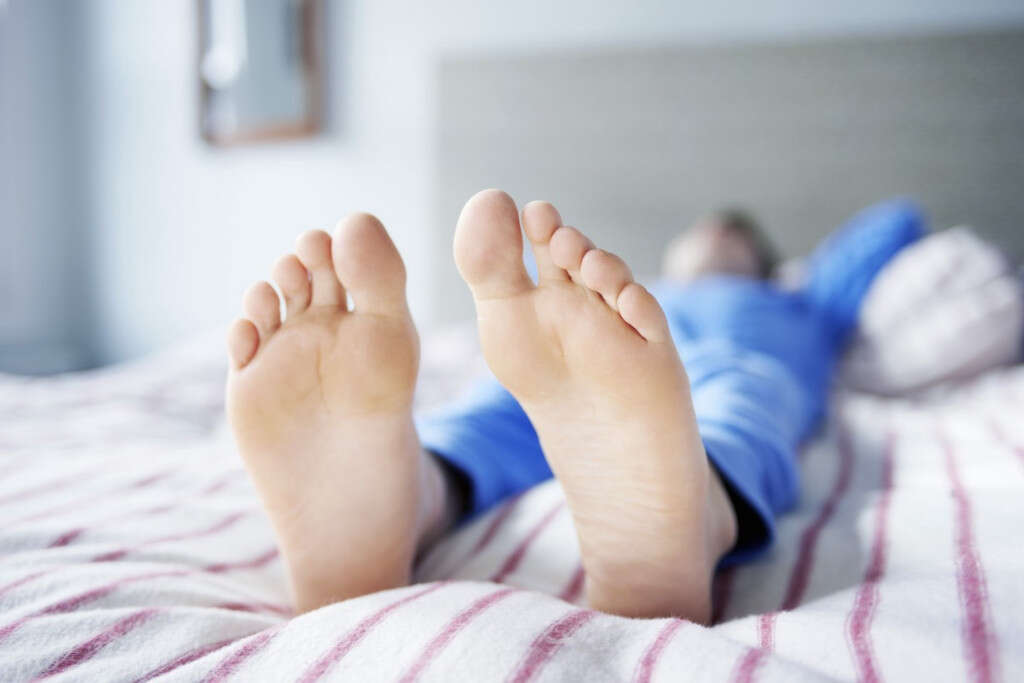
Low Iron Side Effect #6: Excessive Tiredness
The nutrients and oxygen in our bodies help to give us the energy that we need. Oxygen is constantly fed into the body through the lungs and is then circulated around the body in the blood. With insufficient iron in the body, though, the body will not get the oxygen that it needs.
With oxygen essential to give us the energy we need, we will feel very tired without it. What’s more is that your heart will also need to work harder to try and compensate and this can further contribute to tiredness. Excessive tiredness can be the result of a range of causes and you should arrange to see a doctor should symptoms persist.

Low Iron Side Effect #7: Cold Hands and Feet
When the weather gets cold, our hands will often feel the brunt of it. It is harder for them to keep warm so gloves are often needed. Cold hands and feet are not always down to the weather, though, and they could be a sign that all is not right with you. It could be a sign that you don’t have enough iron in your blood.
With oxygen being channelled away from the less essential parts of the body and toward the organs, the supply of oxygen to your hands is likely to decrease. This can cause extremities such as the hands and feet to feel cold even if you are indoors in the warm. If you are experiencing these symptoms then you should arrange to speak with a doctor.
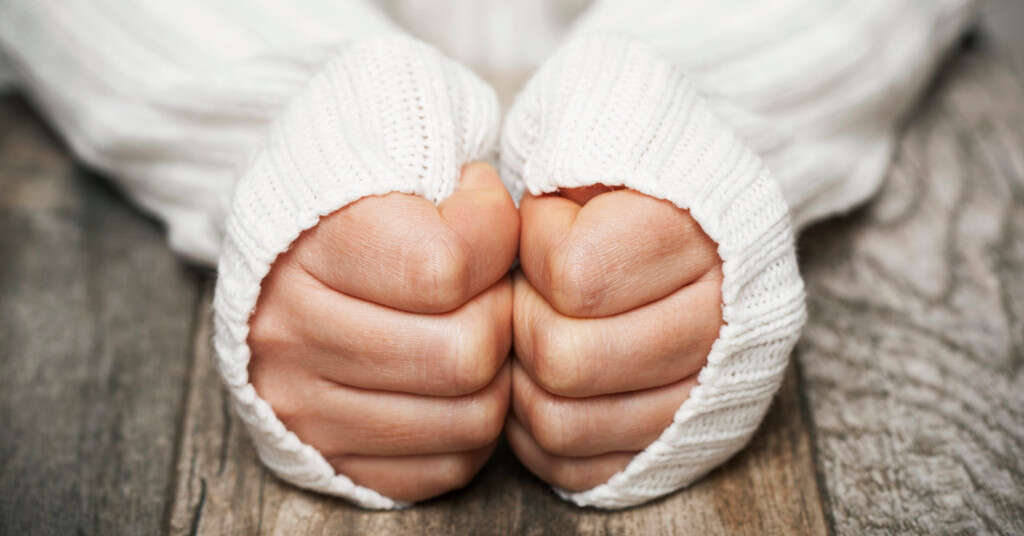
Low Iron Side Effect #8: Sore, Swollen Tongue
The tongue is a very important muscle to us. It is packed with sensors that help us to taste our food, helping us to avoid ingesting anything that might cause us harm. It also helps us to chew our food, preparing it for the digestive system. It is well supplied with blood and usually receives a lot of oxygen.
With insufficient iron in the blood, the tongue can also be affected. An iron deficiency can cause the tongue to become sore and swollen. It can also become unusually smooth. Such symptoms are a tell-tale sign of an iron deficiency and will help medical professionals to reach the right diagnosis.

Low Iron Side Effect #9: Anxiety
Anxiety is not uncommon among people. It is a natural response to certain events and helps to keep us alert to help us overcome certain situations. Ideally, though, we should be able to relax when the situation passes. If we are not able to relax then it can begin to have an impact on our physical and mental health.
Patients that do have insufficient levels of iron in the blood can experience anxiety easier than other people. They may become worried about relatively benign issues and socializing with others can become a problem. The symptoms should hopefully pass once natural levels of iron have been restored.
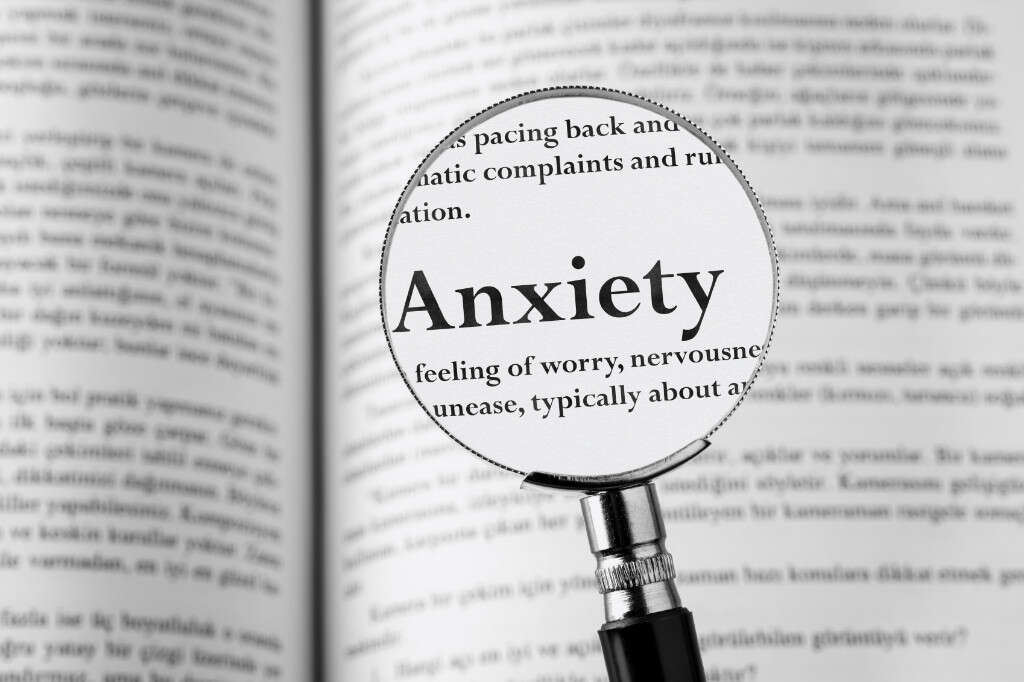
Low Iron Side Effect #10: Difficulty Breathing
Breathing allows us to extract oxygen from the air. The cycle of inhaling and exhaling allows us to continually draw in fresh air that is rich in oxygen. If our bodies need more oxygen, we will breathe heavier to increase the supply. This is particularly noticeable after exercise as we begin breathing more heavily to meet the increased demand for oxygen.
When there is not enough iron in the blood, there is also not enough oxygen in the blood. This causes us to begin breathing more heavily in order to increase the amount of oxygen circulating through the body. If you do find yourself short of breath even when you are at rest, it may be down to a lack of iron.
